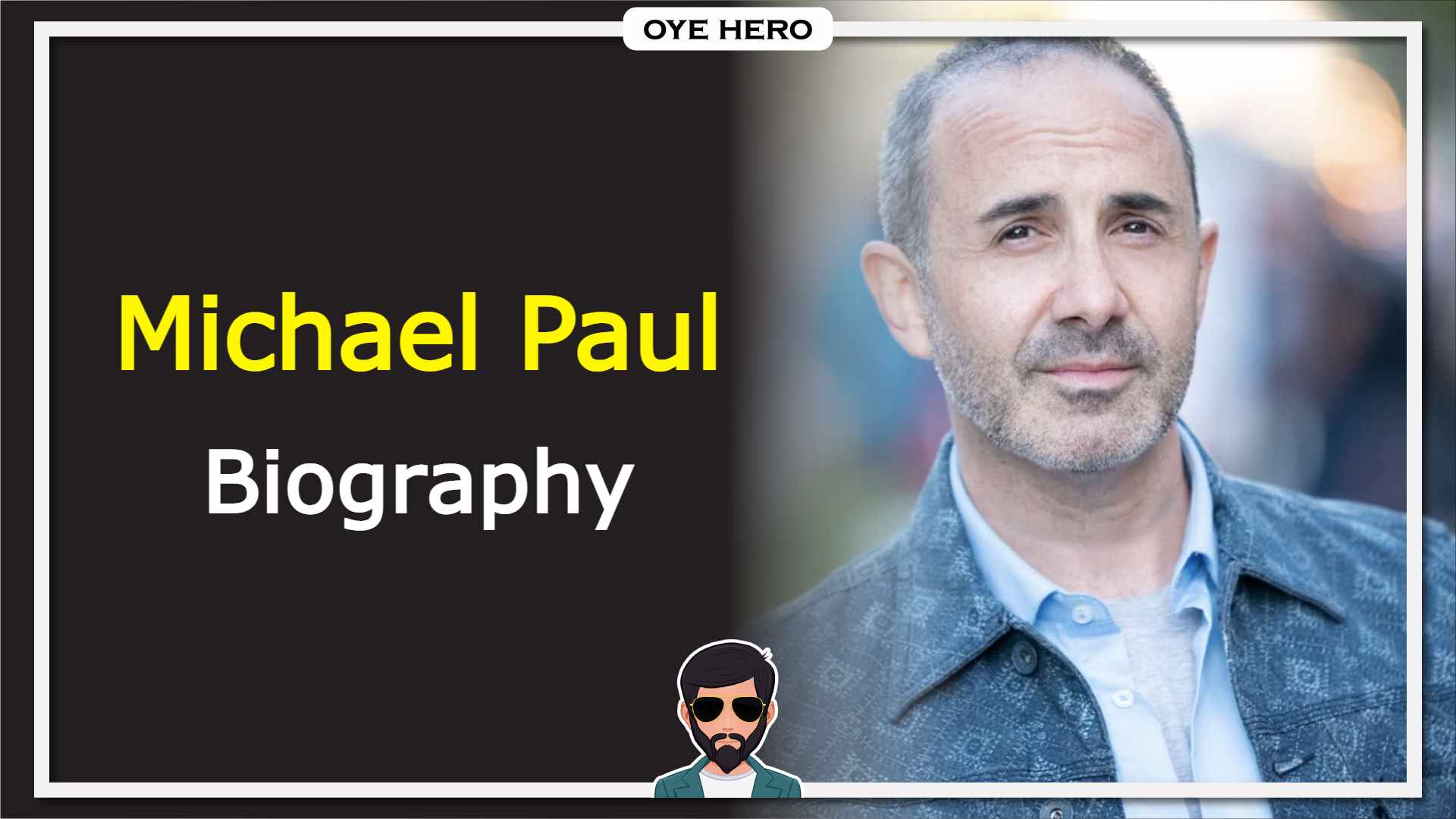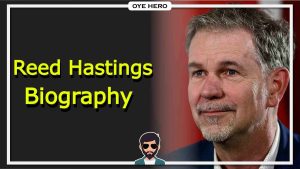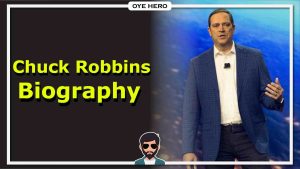Michael Paul Biography:
Williams began working at the Times-Dispatch in 1982 and was named a columnist in 1992, making him the first African-American to do so.
Williams won the Pulitzer Prize for Commentary in 2021 for his reporting on the protests in Richmond following the murder of George Floyd, which resulted in the dismantling of several War memorials.
Williams is a graduate of Richmond’s Virginia Union University. He attended from Northwestern University’s Medill School of Journalism with a master’s degree in journalism.
Williams considered a career in sports journalism while at Northwestern, but ultimately chose hard news. He was a news person for the Newspapers for ten years.
Quick facts:
Age: 64
Born: 1958
Nationality: American
Title: Blogger
Net worth: 12M$
Marital status: Married
Children: Not known
Remarkable History:
It’s especially remarkable given the Richmond Times-history Dispatch’s and the role it and its previous afternoon sister paper, the Richmond News Leader, played in promoting segregation and Massive Resistance, a term for the wide Southern anti-civil rights campaign.
Douglas South all Freeman, the most famous editor of the News Leader, honored Richmond’s Robert E. Lee monument every day on his way to work and won Pulitzer Prizes for his histories of Lee and George Washington.
Williams was the first African-American columnist for either publication. After nearly three decades and nearly 2,700 essays, the Richmond native continues to weigh in on contentious matters such as the renovation of Richmond’s George Wythe High School and how the installation of automatic license plate readers in communities of color is affecting people’s lives.
Richmond City council:
U.S. Senator Tim Kaine, who was first nominated to Richmond City Council in 1994 and served as the city’s mayor, describes him as “the spirit of the town.” “Michael, more than anyone in the Richmond metro region, has served as a prophetic voice of conscience since 1992.”
In person, Williams comes across as reclusive and private, despite his outgoing personality, and he tackles things with a keen intellect and a high level of ethical and moral rigor. If you ask him a good question, he’ll respond in flawless paragraphs that could easily be turned into a column.
The Downtown Highway, in retrospect, was a “very Richmond manner of upsetting a Black area,” Williams recalls, noting that the city was “extremely divided” at the time.
Michael Thought being a columnist:
It took a lot of work to become the first Black columnist in either daily. As the editorial page editor of the News Leader, James J. Kilpatrick became one of the nation’s top proponents of segregation, using “states’ rights” and other justifications to advocate for Massive Resistance.
Massive Resistance was also supported by the RTD in editorials written by Alan S. Donnahoe, who eventually became president of Richmond Newspapers Inc., the company that owned both journals. K.V. Hoffman also published in favor of Massive Resistance under the pseudonym Ross Valentine. The RTD apologized in 2009 for its backing of Massive Resistance.
Williams didn’t receive the backlash he expected from editors decades later: “They were savvy enough to see, OK, this was a Black person with a column.”
Response from criticism:
Williams says she sometimes gets angry texts, but there aren’t as many threats of physical danger as there used to be.
“If you’re writing about things that matter and writing about tough themes, it’s the unchanging conclusion,” he explains. “I also wrote extensively about race.” It hasn’t always been ideal; I’ll admit that. “Someone stepped over the line.”
Williams’ boldness is attested to by Richmond General District Judge David Hicks, a former city prosecutor who served as a top adviser in former Mayor Dwight C. Jones’ administration.
Make no errors, guy. Hicks says, “He took a lot of heat. “You’ll find a steady stream of people accusing him of racism baiting and everything else.
Best writing pieces:
He’s been penning a lot of fantastic essays about other topics that have an even greater impact on Richmonders’ daily lives than the Historical monuments,” says someone who was heavily involved in last year’s riots.
This is what the Pulitzer committee wants him to be recognized for. For a lot longer, the brother has been doing meaningful job.
Williams has also helped to reshape the RTD’s newsroom so that it is more representative of the communities it serves.
The RTD, like most daily newspaper, is critical to the local media ecosystem since the stories it covers are frequently revised and re-reported by other outlets. It frames the news events of the day in conjunction to it being the city’s official newspaper.
And that manifested itself in his, Governor Wilder’s, former city councillor Chuck Richardson’s, and Virginia Heroes organization’s fight to get Arthur Ashe honored on Monument Avenue.
And I certainly wasn’t expecting Arthur Ashe to be the final African American on Monument Avenue, and I doubt anyone else is either. I saw it as an area with monuments to the civil rights movement, including people like Oliver Hill and Spotswood Robinson.




